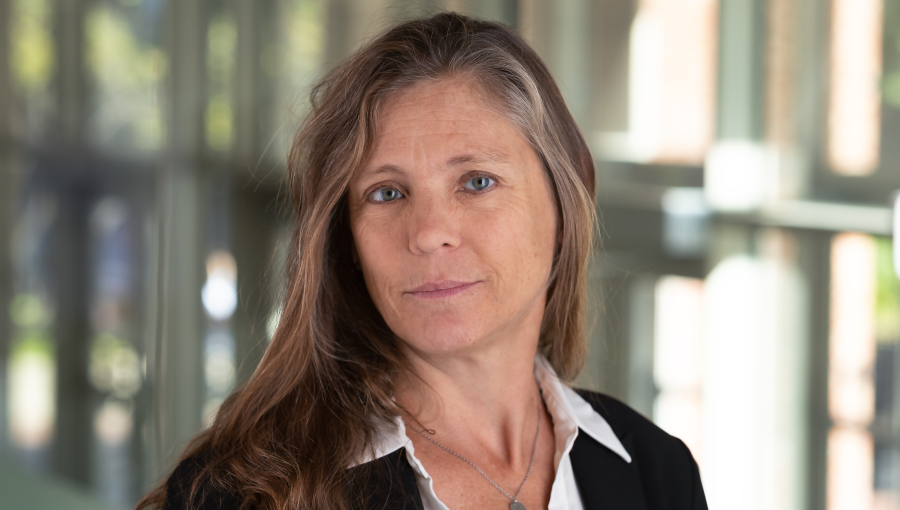Guarini Institute for Public Affairs Presents "2021 Elections of the Duma"
The Guarini Institute for Public Affairs hosted the online event “Elezioni della Duma 2021: Come sono andate davvero?” (2021 Elections of the Duma: How did they really go?) on September 24, 2021. Moderated by Guarini Institute Director Federigo Argentieri, the event focused on the recent elections in Russia and the validity of the results. The speakers were Anna Zafesova, columnist for La Stampa, Margherita Saltini, General Secretary of the Democratic Youth Community of Europe, Marta Ottaviani, columnist for Avvenire, Annalisa Bottani, columnist for Ytali, Claudia Stamerra and Vasco Pirri, Radio RAI anchors, Maurizio De Bonis, film critic and Antonino Martino, president of the NGO Spazio Solidale.

Duma
The discussion began with a first-person testimony of what the polling centers looked like and how they operated. There was some disagreement between the speakers as to whether monitoring stations set up by human rights organizations and numerous cameras were sufficient to ensure a fair election. Speakers argued that, even with such measures in places, fraud occurred throughout the country. Instances of fraud were even posted to online platforms like Twitter, where the same people could be seen voting multiple times.
Questions arose as to whether there exists any true opposition to Putin and his party, particularly when it is clear that he has the power to influence and even cheat supposedly democratic elections. In this election, about 50% of the population voted, with many citizens abstaining due to their belief that their vote will make no difference in a rigged election.
It became clear that voter fraud and interference played a major role in this election, particularly as far as online voting is concerned. A speaker referred to it as a scandal within a scandal, explaining that online voting is even easier to manipulate than in-person voting. Speakers voiced concerns that if everything else remains the same, Putin will be “re-elected” with ease, despite the fact that up to half of the votes collected could be fraudulent. Speakers also expressed concern about the censorship having been so prevalent in the months leading up to the election. Journalists were arrested at alarming rates, and independent TV networks lived in daily fear that any day could be their last. There have been many cases of networks being accused of working with foreign agents on the sole basis of their discussion of climate change, and then immediately being shut down.
The talk closed on a pessimistic note, with speakers voicing their concerns for the future of elections and democracy itself in Russia.
(Rebecca Halterman)





